#WhatSheNeeds will provide insights into the experiences of black women in college. From the freshman transition to the affects of social media, these women have a lot to say! Black women are out enrolling every other group in college, but not experiencing the same high levels of success 4 years later in their careers. Through #WhatSheNeeds, we hope to learn a little more about what she needs to succeed–what did their institutions have and what were they lacking?  #WhatSheNeeds explores the transition from high school to college. As Jasmine Hosley explains, you go from being “a high schooler dependent on your mama, to a college student still kind of dependent on your mama”. While high school is meant to prepare students for the academic rigors of college, a lot of freshman still struggle their first semester. Here’s what our young women had to say about their freshman transition.
#WhatSheNeeds explores the transition from high school to college. As Jasmine Hosley explains, you go from being “a high schooler dependent on your mama, to a college student still kind of dependent on your mama”. While high school is meant to prepare students for the academic rigors of college, a lot of freshman still struggle their first semester. Here’s what our young women had to say about their freshman transition.
Some of the women found academics to be one of their biggest challenges:
“While I was ready, I was also not ready. Because I felt like while they were getting us ready for college, there were a lot of ways for us to get around in high school. Like, if you didn’t want to do your homework…you could have written anything down and not actually do your homework.” –Sadariah Harrel
“Well in college…you’re on your own. There’s a lot more freedom. There’s no teacher tracking you down saying, ‘Do your homework!’ There’s a lot more growing up.” –Sydney Tyler
Others had to adjust socially:
“My biggest struggle would have to be getting used to not being home and experiencing new people. You know, I’m not around people from Chicago. People who think like me, dress like me.” –Courtney Neal
What was essential for a smooth transition? Support from the college:
“The student government was helpful by working with the underclassmen with social problems, academic problems…feeling homesick. They were good at working with the students because they had been through it before. If you had a problem they were there to guide you through it, so you could have a successful school year.” –Courtney Neal 
“That summer before my fall semester, summer of 2006, I participated in a summer bridge program at Philander Smith. Their program was geared to those interested in the science and math departments. The programs encouraged African American students to major in science or mathematics. They provided us with a college mentor who were juniors or sophomores…I will say that was very helpful” –Terri Floyd
“I wish that it would have been a little bit easier. The whole welcome week and the activities were helpful. Dillard really makes you feel like you are at home…but at the same time it’s kind of rough. Because once [your parents are] gone it’s reality time, they’re gone and it’s time to go to school.” –Jasmine Hosley
One of the women, Jasmine Hosley, spoke of the importance of supporting others during their freshman transition:
“I do get involved when we do shadow day and everything. I like to participate and become the student ambassador and show them around and everything because I know how important it is.”
Don’t forget to give back and pass on your knowledge! We all have the potential to be mentors and supporters of other college women. Whether your actions are big or small, they are important.

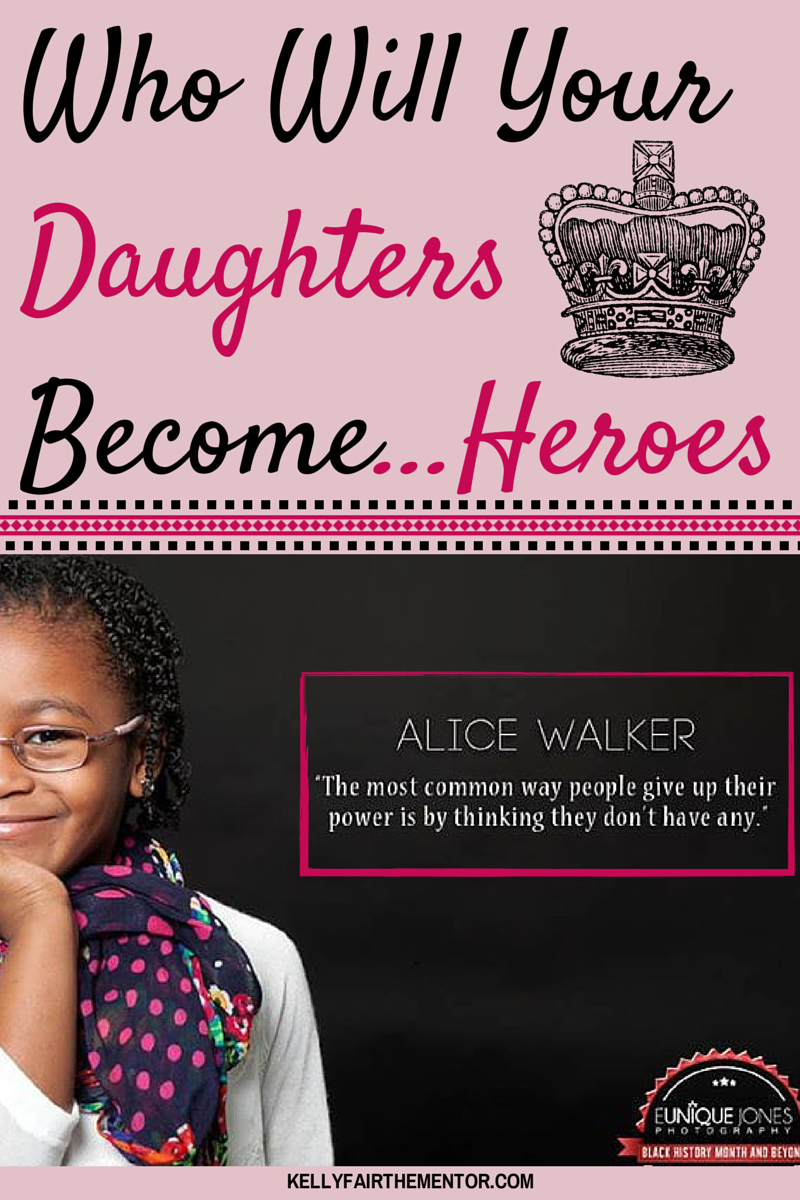
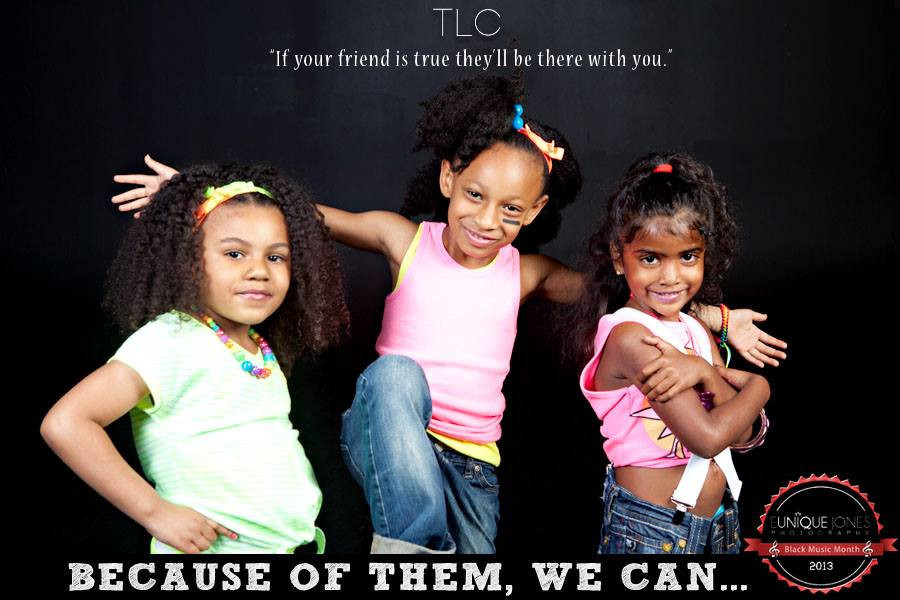
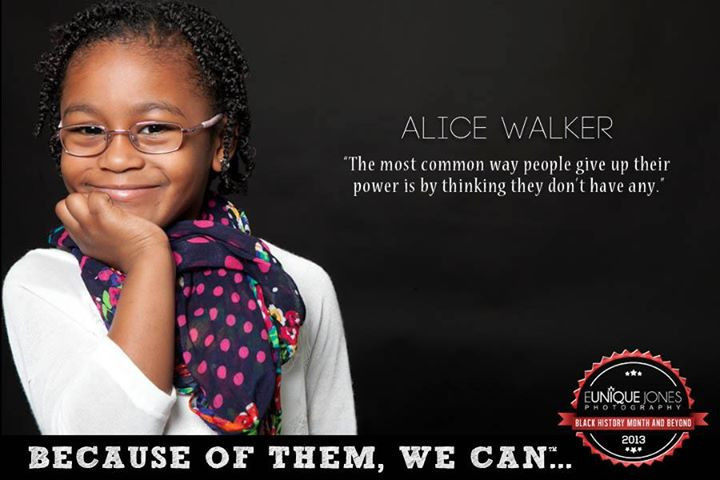
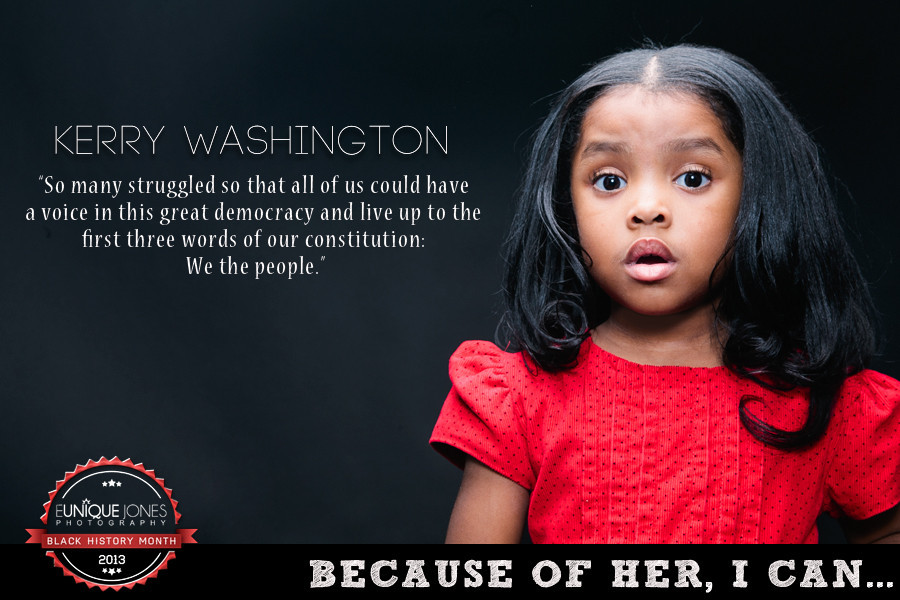
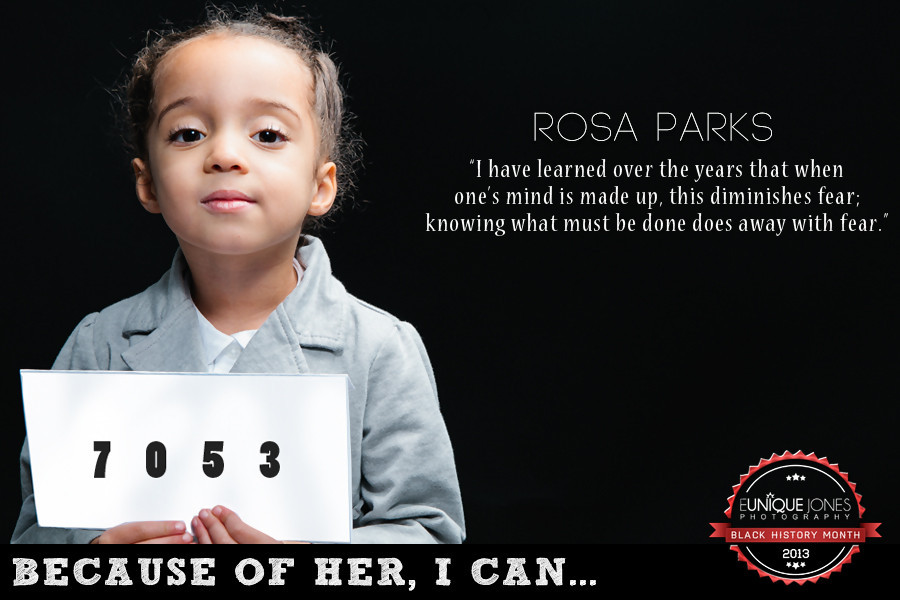
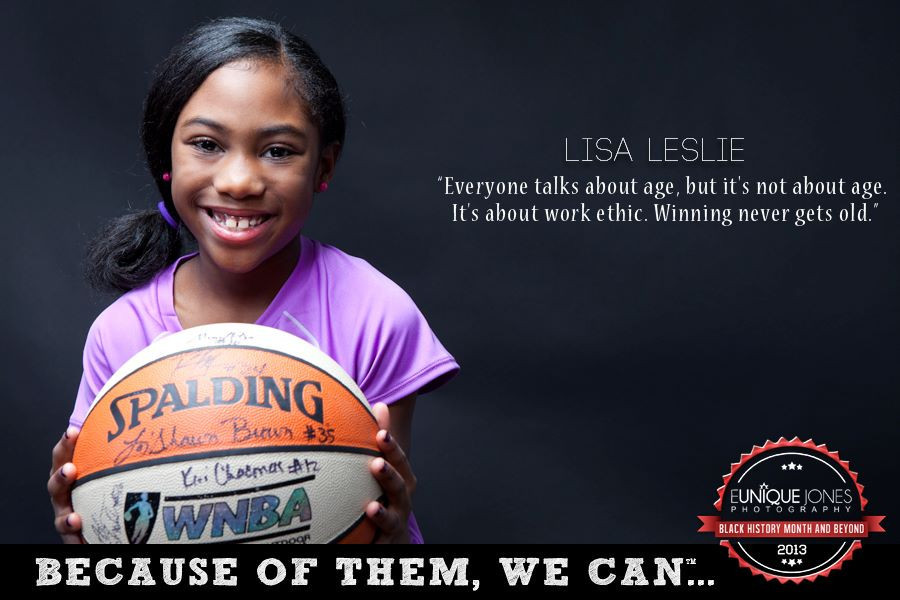
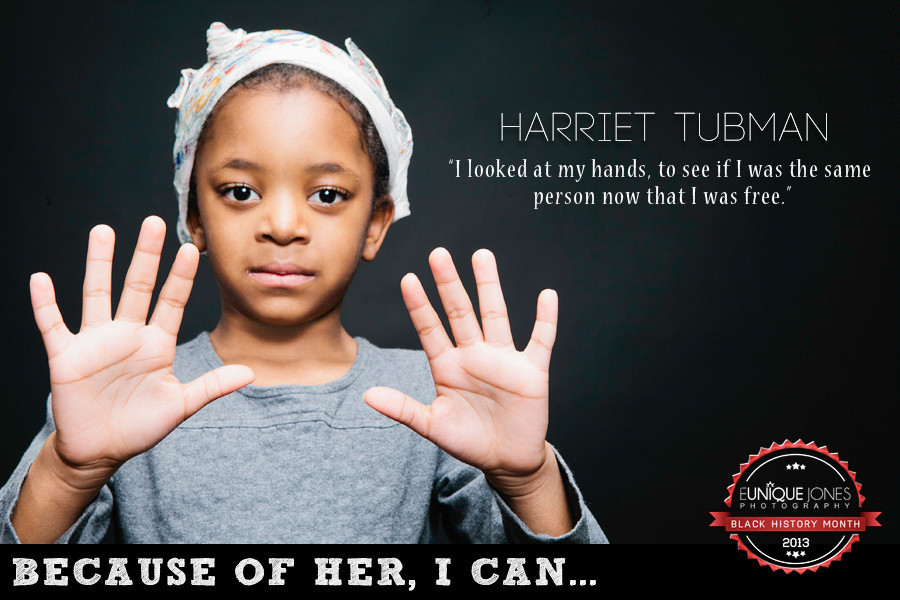
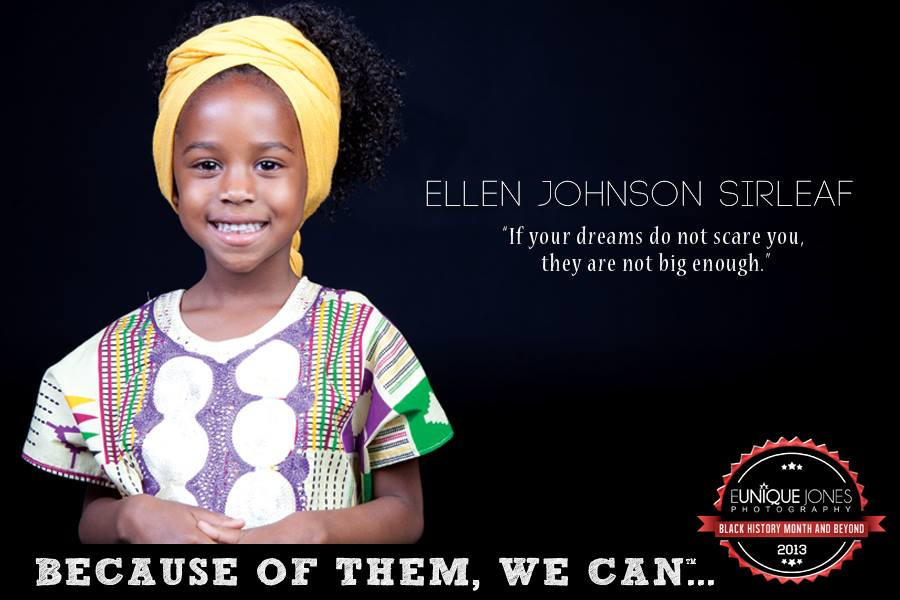
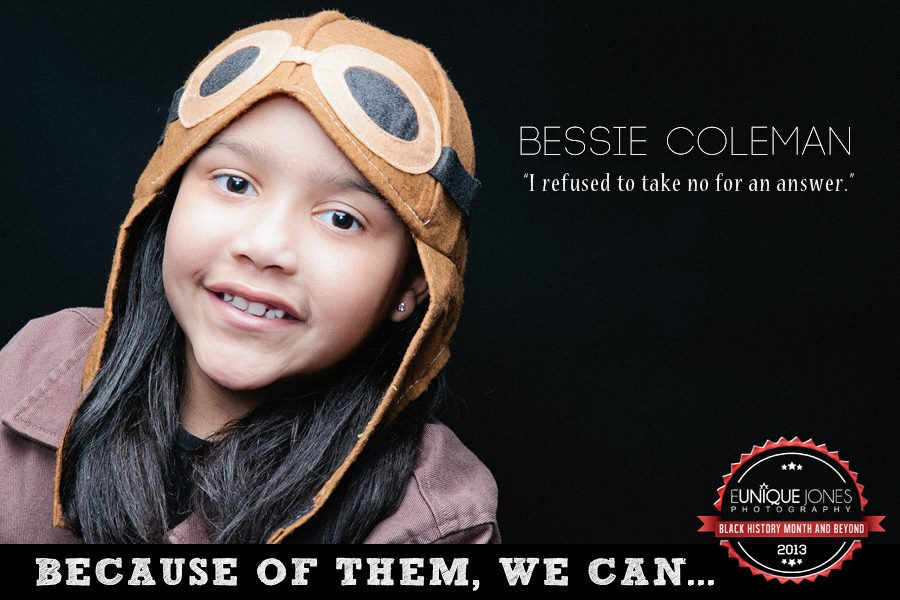
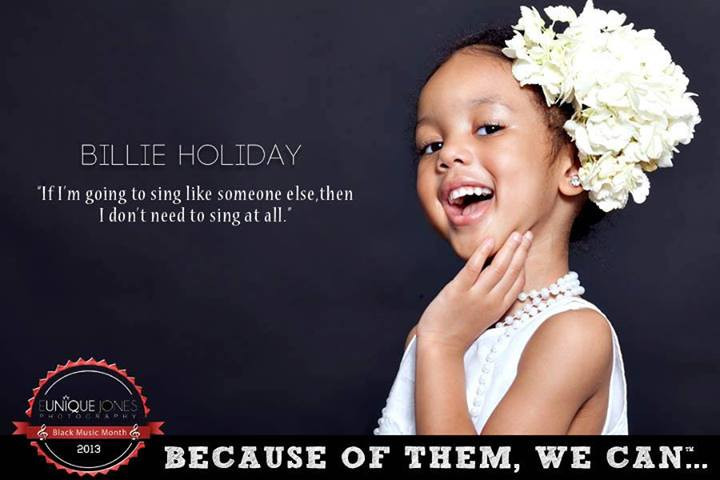
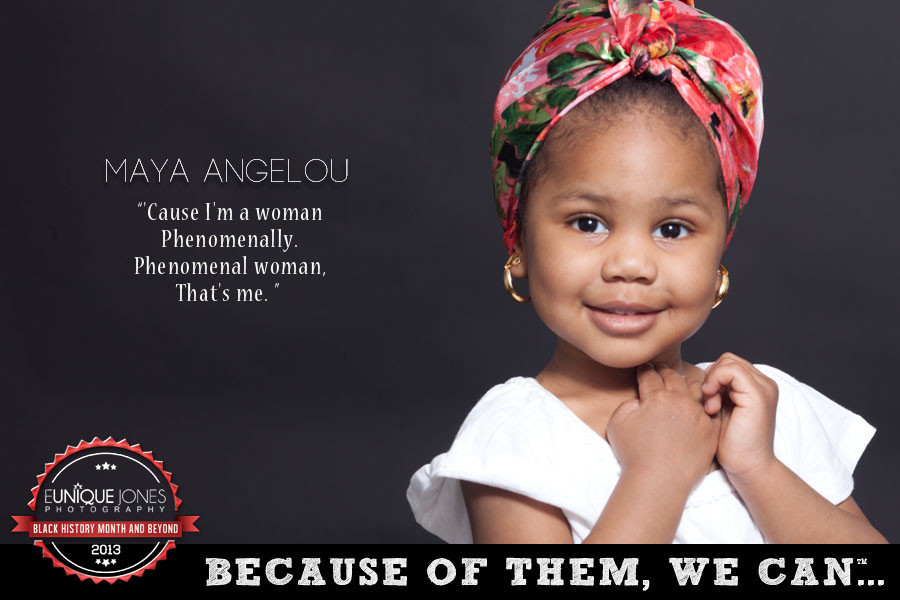
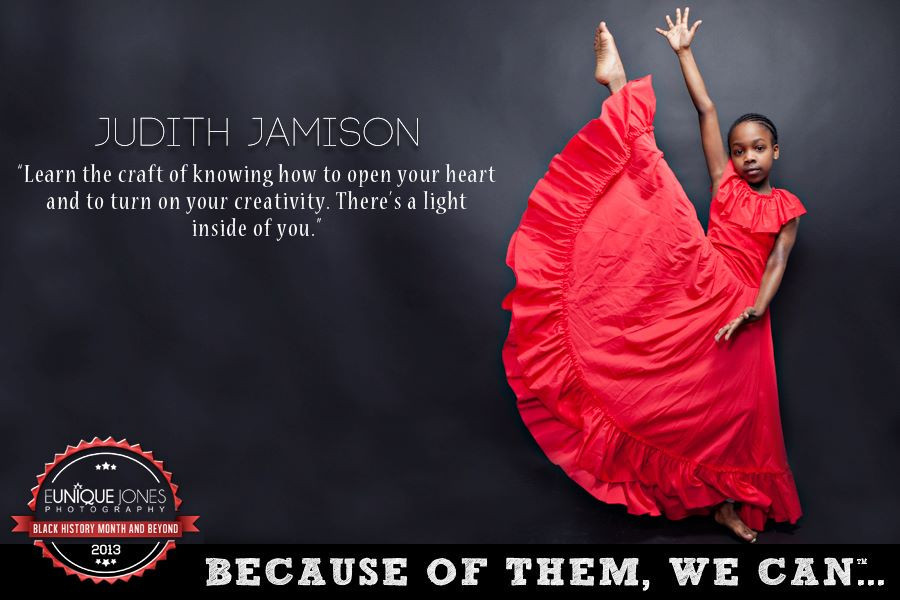
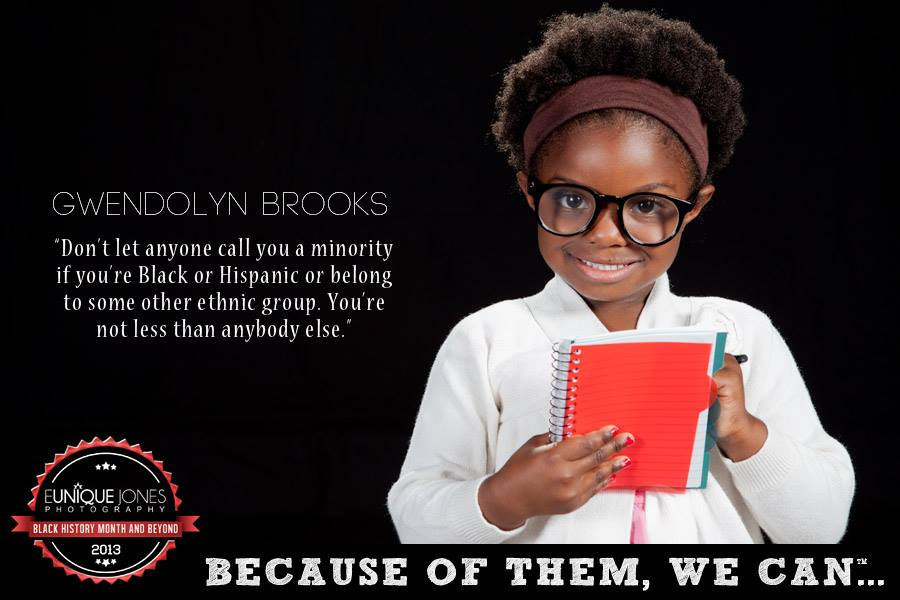
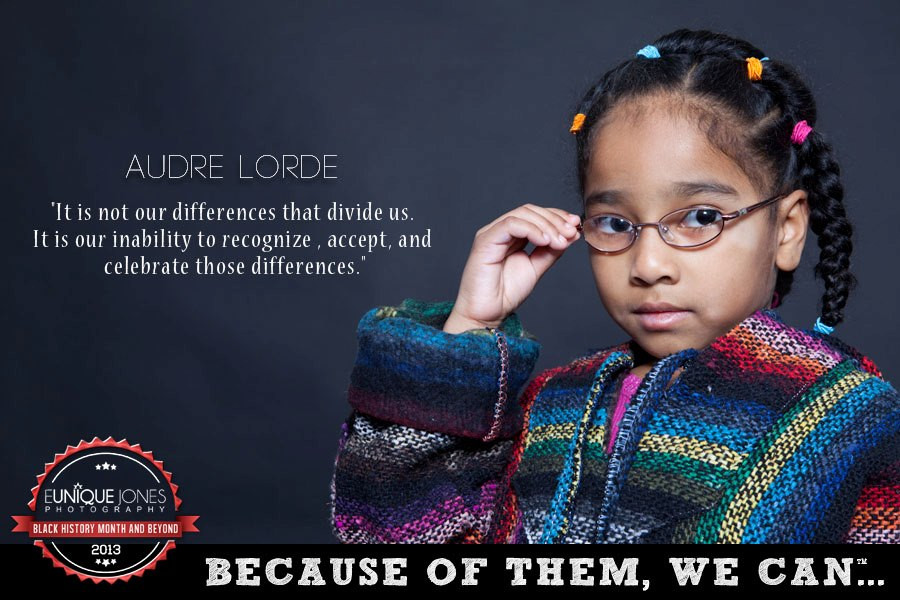

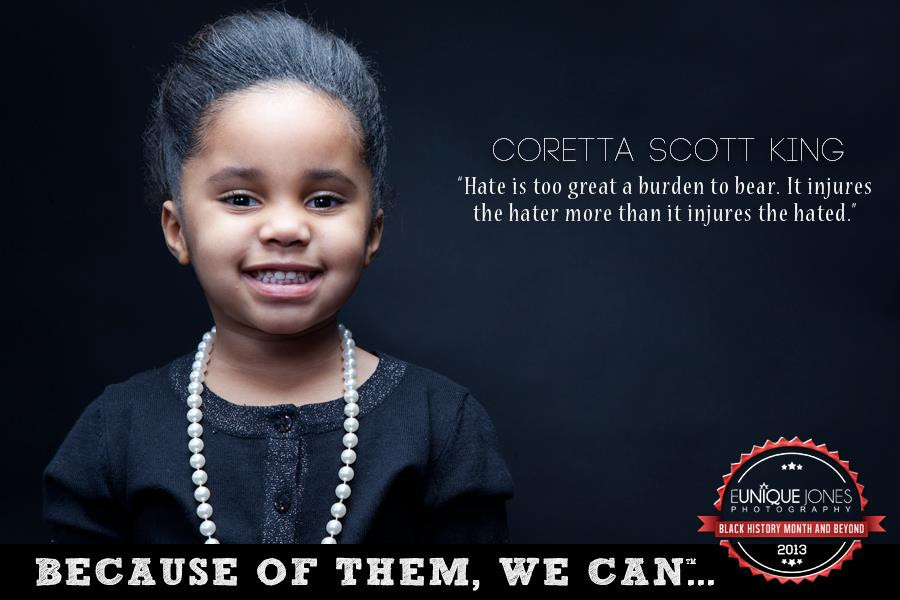
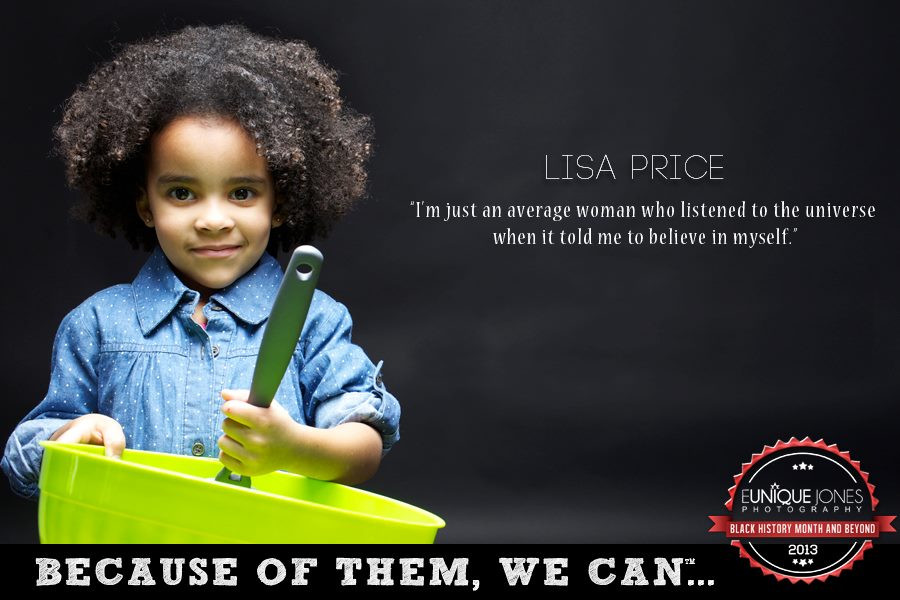
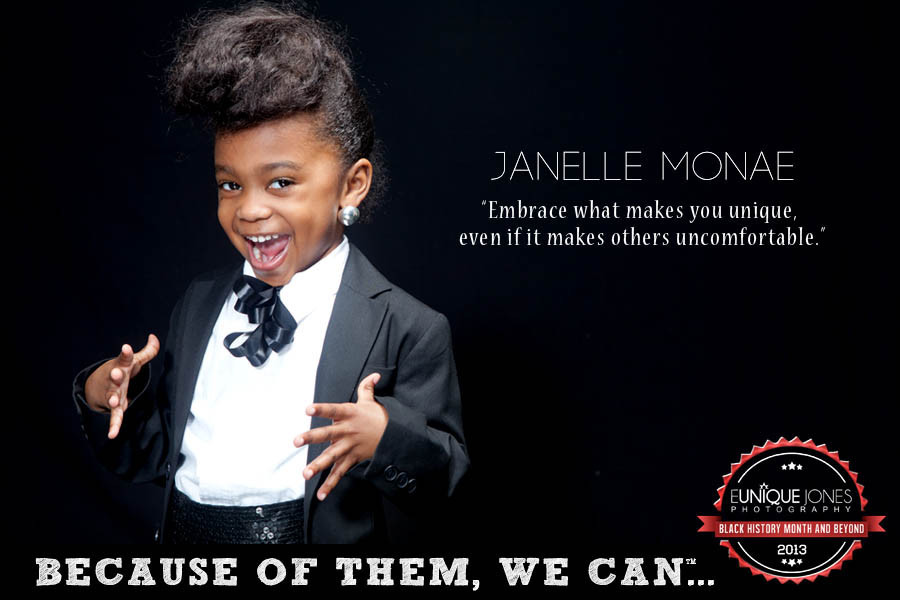
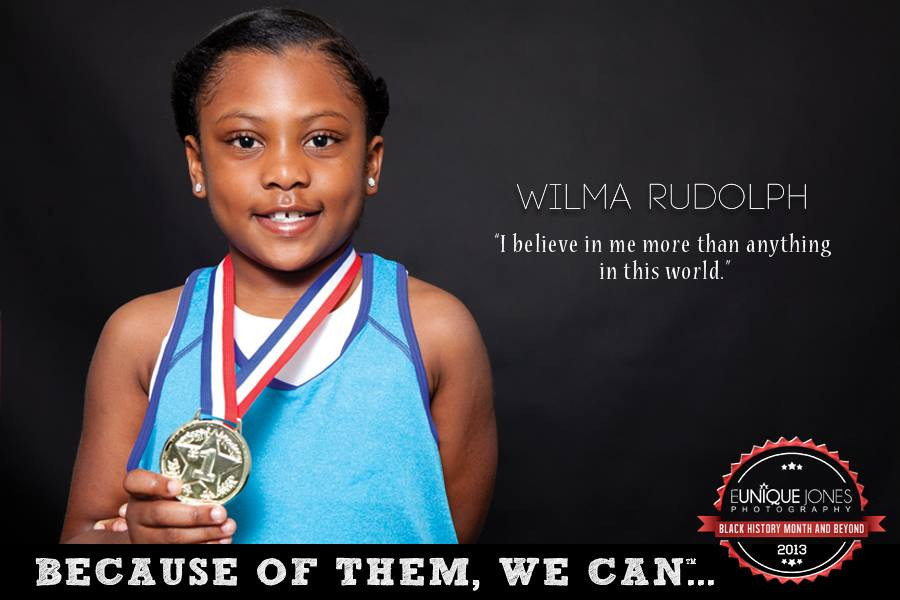
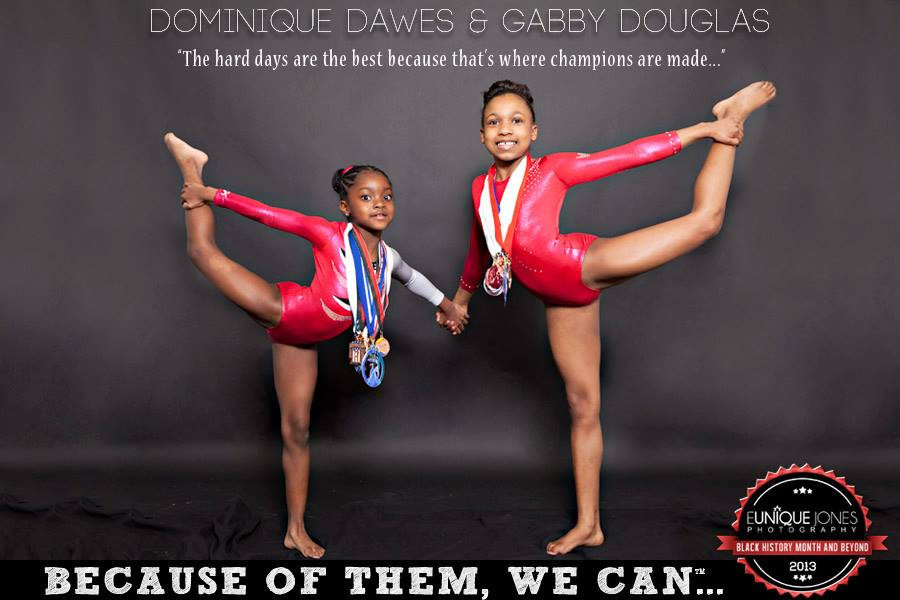
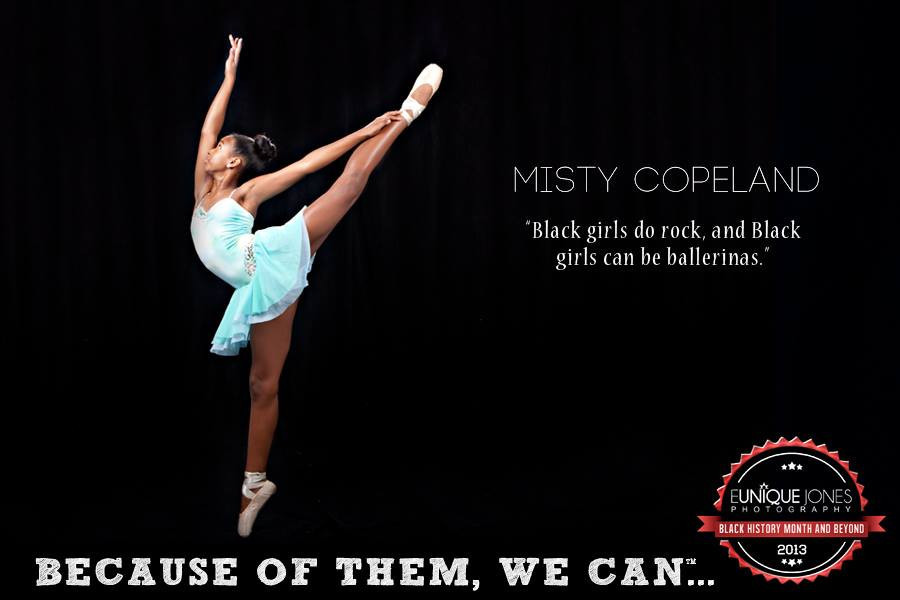



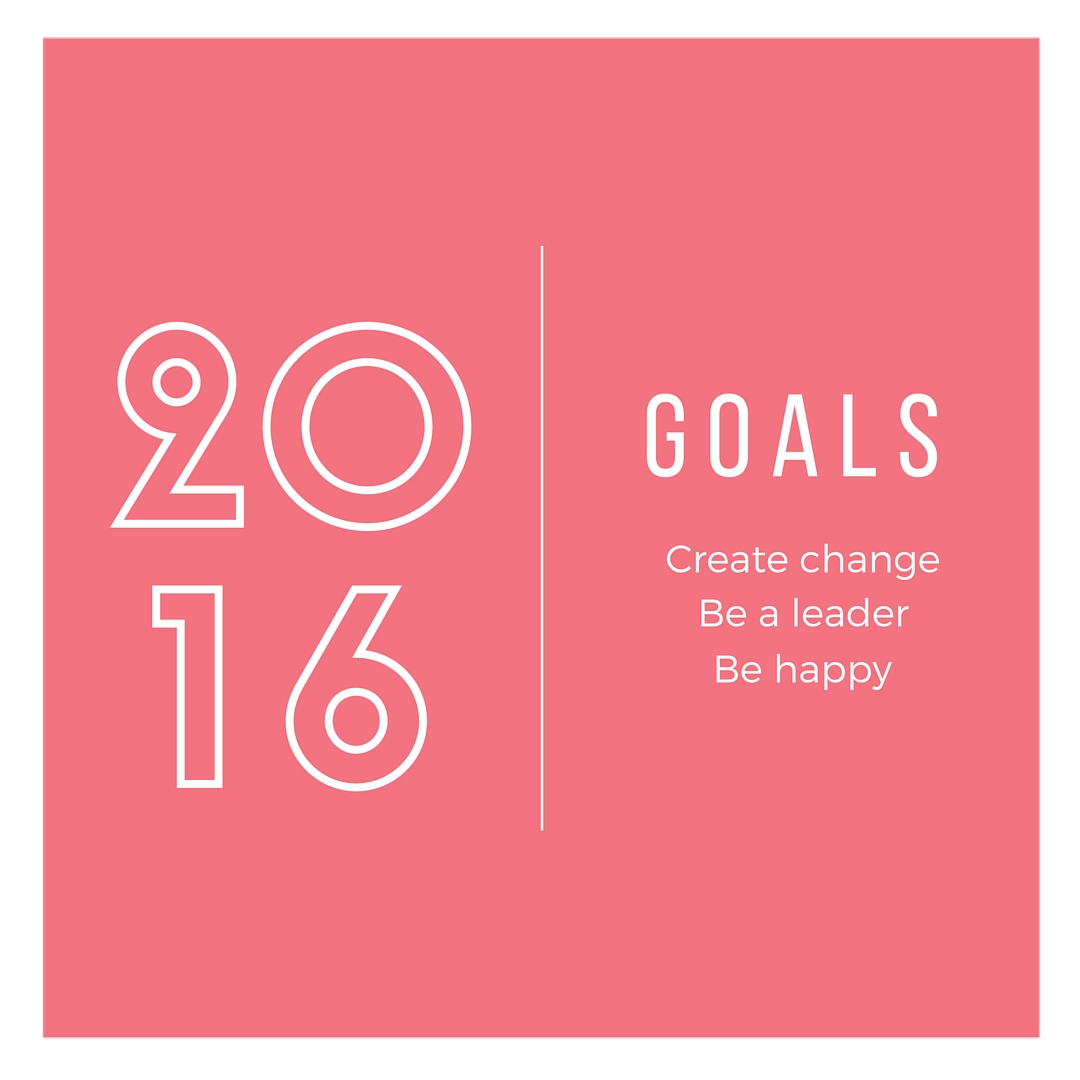


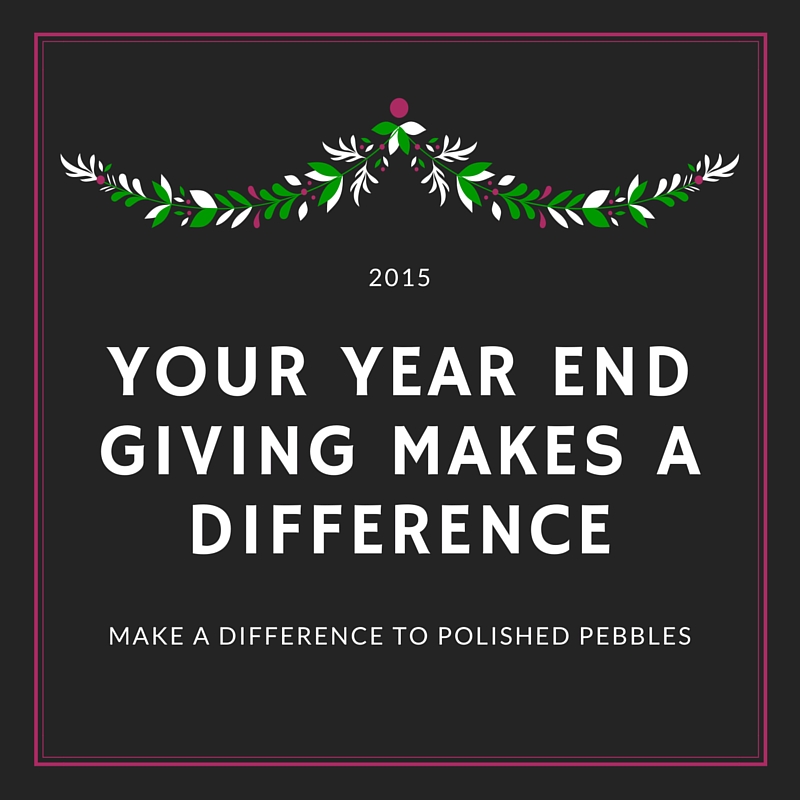
 effective communication. Our Polished Pebbles Girls Mentoring program instills confidence in girls to face the challenges of daily life by substituting aggressive forms of communicating and problem solving with new strategies that allow them to gain a solid reputation and respect without retaliating.
effective communication. Our Polished Pebbles Girls Mentoring program instills confidence in girls to face the challenges of daily life by substituting aggressive forms of communicating and problem solving with new strategies that allow them to gain a solid reputation and respect without retaliating.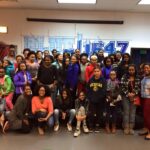

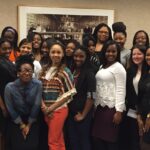



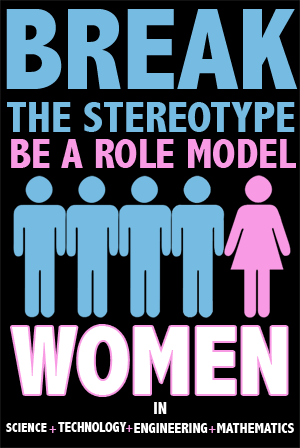
 While women are getting careers at tech companies, they are not actually involved in computing roles. So, what gives?
While women are getting careers at tech companies, they are not actually involved in computing roles. So, what gives?



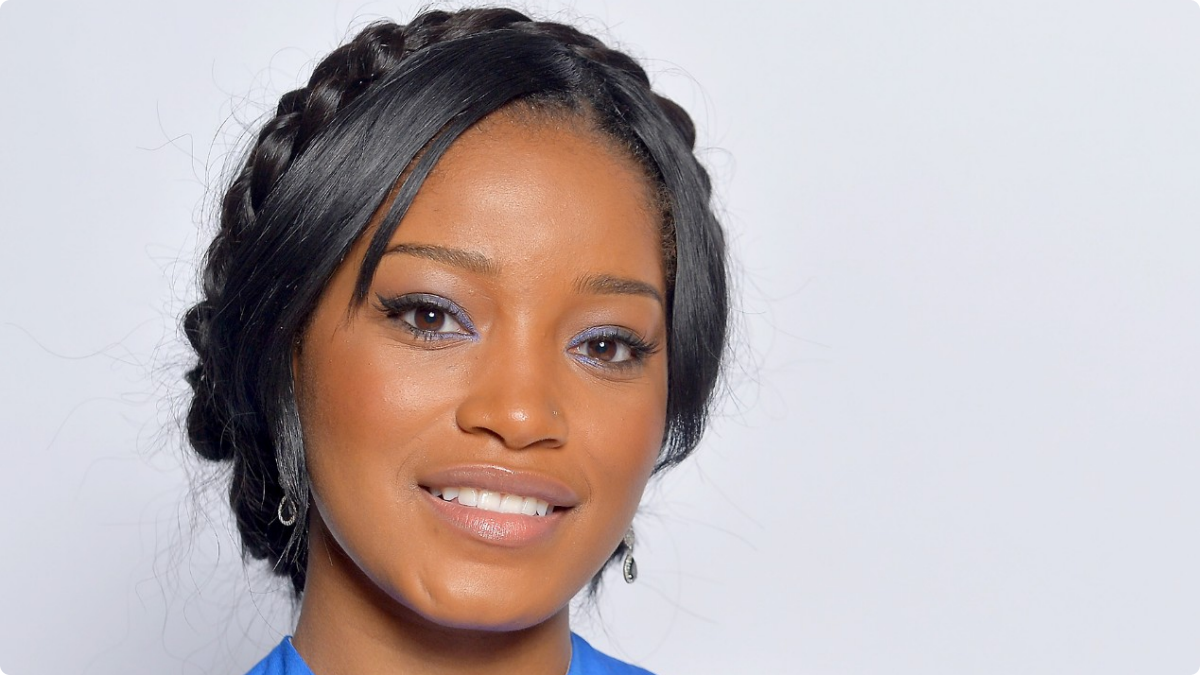

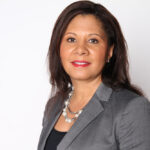









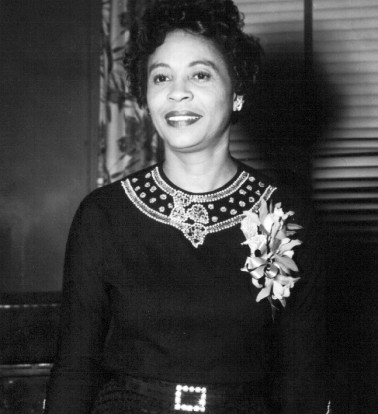
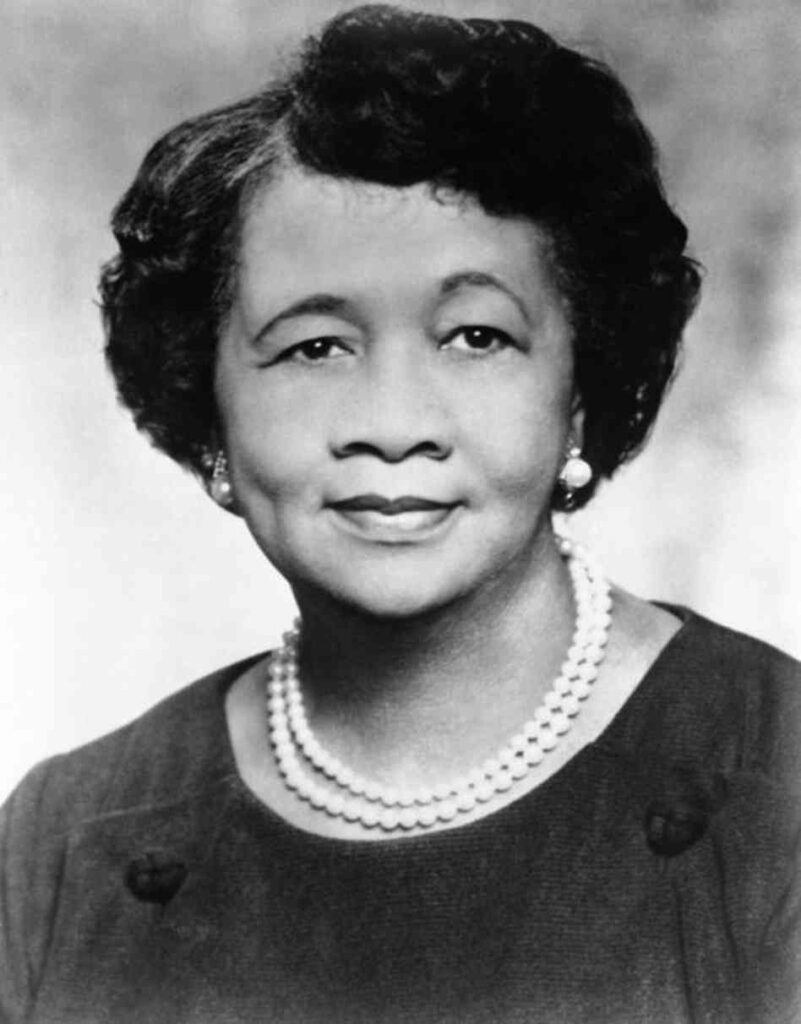
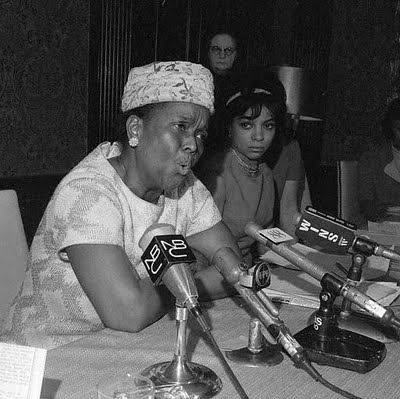
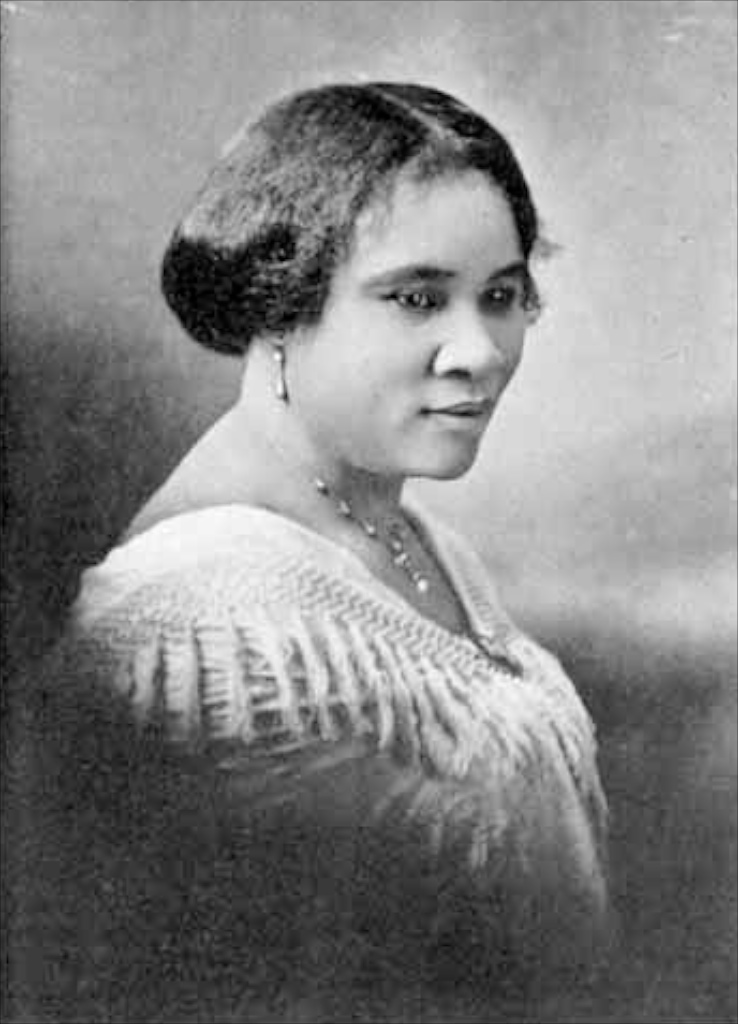
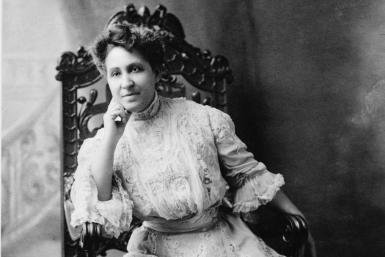
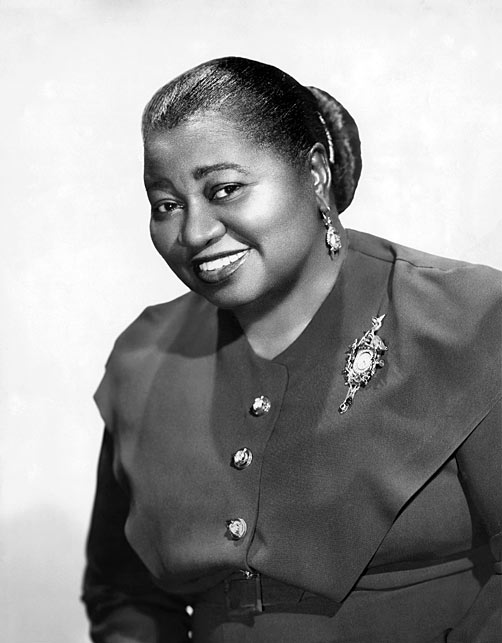
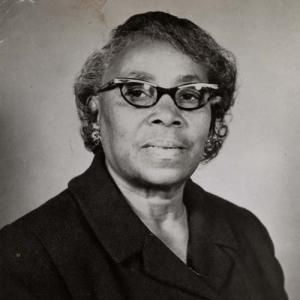
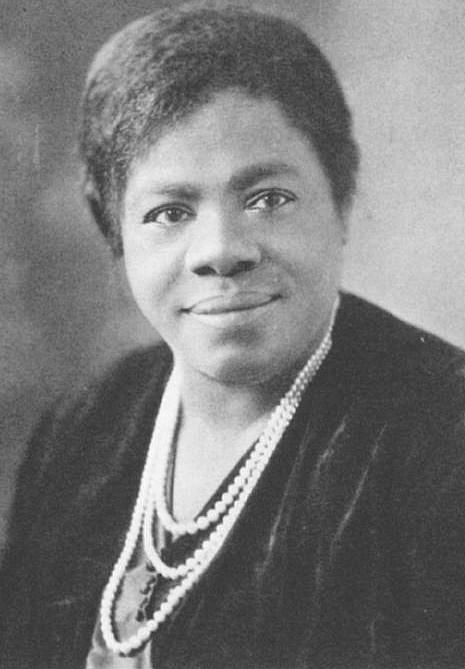
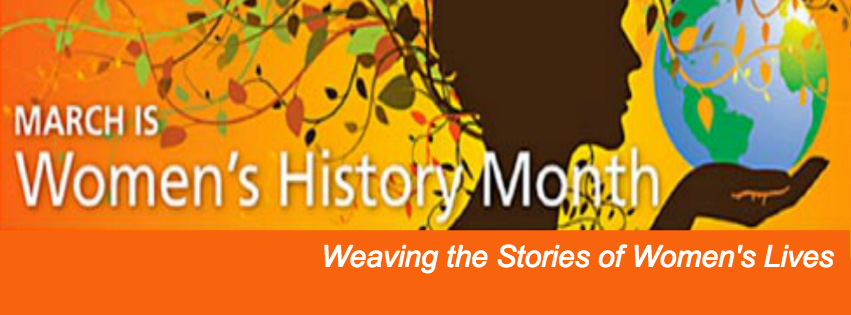


 Cameka Smith is the founder of BOSS Network, “Bringing Out Successful Sisters”. With a Master’s in Education, Cameka has dedicated herself to supporting the entrepreneurial spirit in women. As BOSS Network so succinctly and powerfully describes their founder, “Speaker, trainer, and award-winning entrepreneur…BOSS Network has evolved into a go-to resource for companies seeking female influencers as their target market. A one-stop-shop for career and entrepreneurial minded women”.
Cameka Smith is the founder of BOSS Network, “Bringing Out Successful Sisters”. With a Master’s in Education, Cameka has dedicated herself to supporting the entrepreneurial spirit in women. As BOSS Network so succinctly and powerfully describes their founder, “Speaker, trainer, and award-winning entrepreneur…BOSS Network has evolved into a go-to resource for companies seeking female influencers as their target market. A one-stop-shop for career and entrepreneurial minded women”.